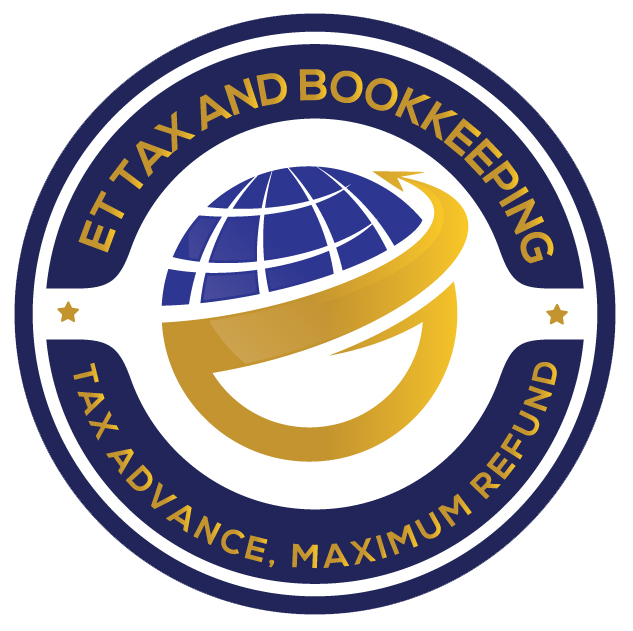5 Common Accounting Mistakes and How to Avoid Them.
Accounting is the backbone of every successful business, providing crucial insights into financial health and performance. However, navigating the complexities of accounting can be challenging, especially for those new to the field. Here are five common accounting mistakes to watch out for, along with strategies to avoid them:
1. Neglecting Regular Reconciliations
Mistake: Failing to reconcile bank statements, accounts receivable, and accounts payable on a regular basis can lead to discrepancies and errors in financial records.
Solution: Schedule regular reconciliations (monthly or quarterly) to ensure that all transactions are accurately recorded and match the corresponding bank statements. Use accounting software to streamline this process and detect any discrepancies promptly.
2. Mixing Personal and Business Finances
Mistake: Using personal accounts for business transactions or vice versa can blur the lines between personal and business finances, leading to confusion and inaccurate financial reporting.
Solution: Maintain separate bank accounts and credit cards for personal and business expenses. This practice not only simplifies accounting but also ensures compliance with tax regulations and enhances financial transparency.
3. Inadequate Documentation of Expenses
Mistake: Failing to keep detailed records of business expenses can result in missed deductions, compliance issues during audits, and inaccurate financial reporting.
Solution: Implement a robust system for documenting all business expenses, including receipts, invoices, and expense reports. Utilize digital tools and apps to capture and organize expenses in real-time, making it easier to track and categorize expenditures accurately.
4. Ignoring Tax Compliance Requirements
Mistake: Neglecting to stay updated with tax laws and filing deadlines can lead to penalties, fines, and unnecessary stress during tax season.
Solution: Stay informed about federal, state, and local tax obligations relevant to your business. Set reminders for filing deadlines and consider consulting with a tax professional to ensure compliance and optimize tax strategies.
5. Lack of Financial Forecasting and Planning
Mistake: Failing to create and update financial forecasts and budgets can hinder strategic decision-making and financial stability.
Solution: Develop comprehensive financial forecasts and budgets that align with business goals and reflect current market conditions. Regularly review and update these forecasts to adapt to changes in the business environment and seize growth opportunities.
Conclusion
Avoiding these common accounting mistakes requires diligence, organization, and a commitment to maintaining accurate financial records. By implementing proactive strategies and leveraging technology where possible, businesses can mitigate risks, enhance financial transparency, and drive sustainable growth. Embrace these practices to strengthen your accounting practices and set your business up for long-term success.








